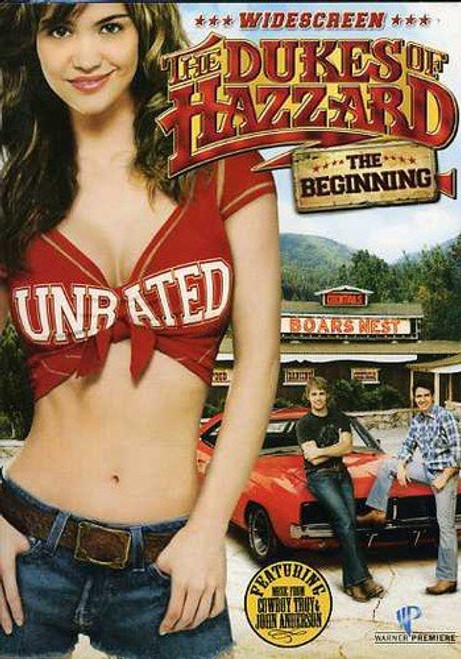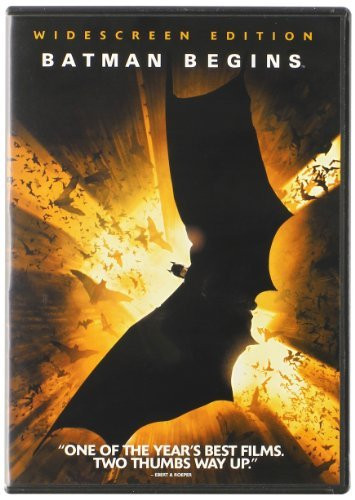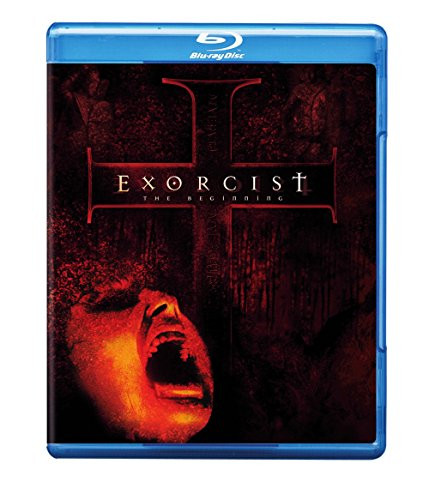Exorcist: The Beginning (DVD) (WS)
In the aftermath of World War II, Lankester Merrin finds himself in the remote Turkana region of Kenya. Haunted by memories of the war, he has taken a sabbatical from the priesthood and journeyed far from his native Holland. He has come to lead the archeological excavation of a mysterious Byzantine church, buried in pristine condition, as if on the day it was completed. Directly underneath the church, Merrin discovers a much more ancient crypt--and finds himself face-to-face with unspeakable Evil. Madness descends on the local villagers and the contingent of British soldiers sent to guard the excavation. Merrin watches helplessly as the atrocities of war are repeated against another innocent village--atrocities he'd hoped to never see again. The blood of innocents flows freely on the East African plain, but the horror has only just begun in Exorcist: The Beginning.
Additional Features The sparse special features on the DVD release of Exorcist: The Beginning are a commentary track by director Renny Harlin and a brief making-of featurette. Together they give scant insight to a movie that should have been better received in its theatrical release, if only for the pedigree of its franchise. The best thing about the movie is its ambitiously art-directed period plotline that shows Father Merrin's (Stellan Skarsgård) first brush with the demon that would bedevil the same character in William Friedkin's 1973 masterpiece, The Exorcist. Skarsgård is believable as a younger version of the older movie's Merrin, Max von Sydow, and he discusses his apprehension about filling such famous shoes in the documentary. But there are precious few behind-the-scenes details related in interview segments with Harlin and the film's producer. It's a typically run-of-the-mill DVD extra, heavy on clips and with nary a word about the infamous version filmed by Paul Schrader, then scrapped by the studio in favor of one with more gore and overt frights. (There were rumors of a DVD release containing both versions, but that plan was apparently scuttled.) Harlin's commentary is only slightly more enlightening--he talks a lot about the delights and logistics of shooting in Rome's famed Cinecitta Studios--but again, he's mum on being called in late to render an alternate prequel to one of the '70s all-time-great movies.










